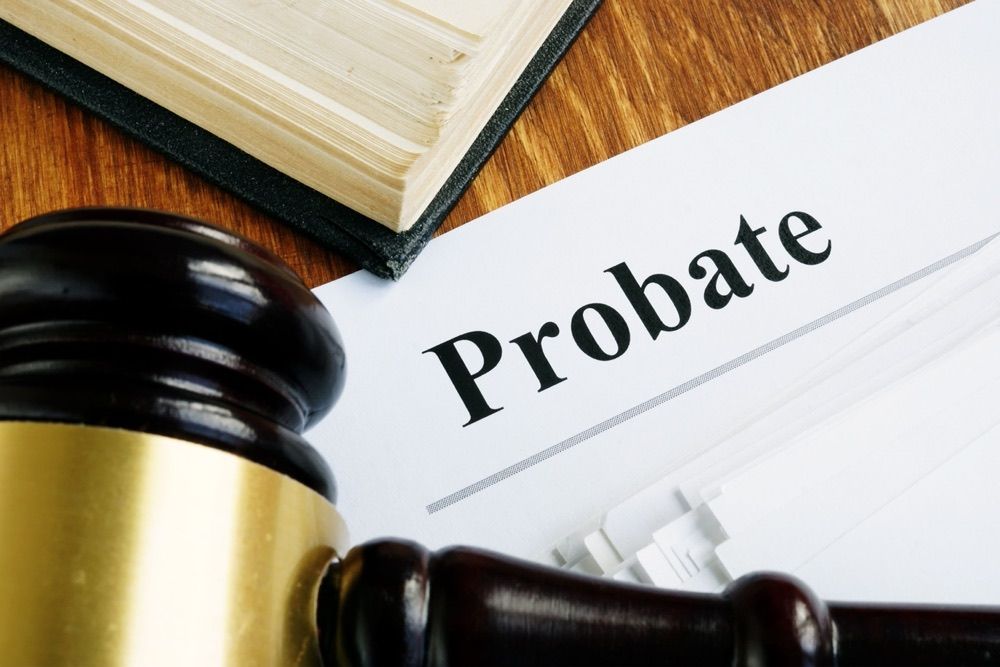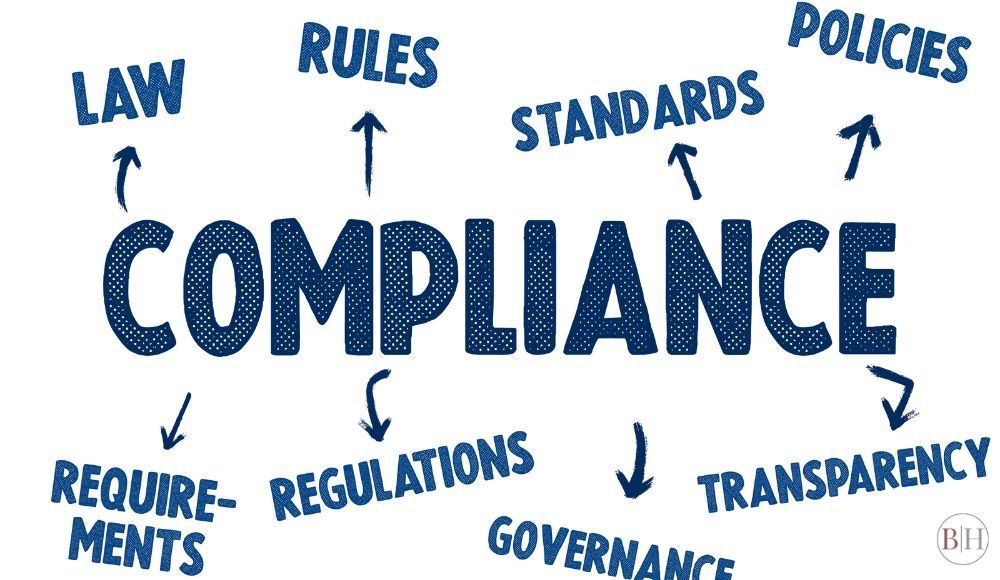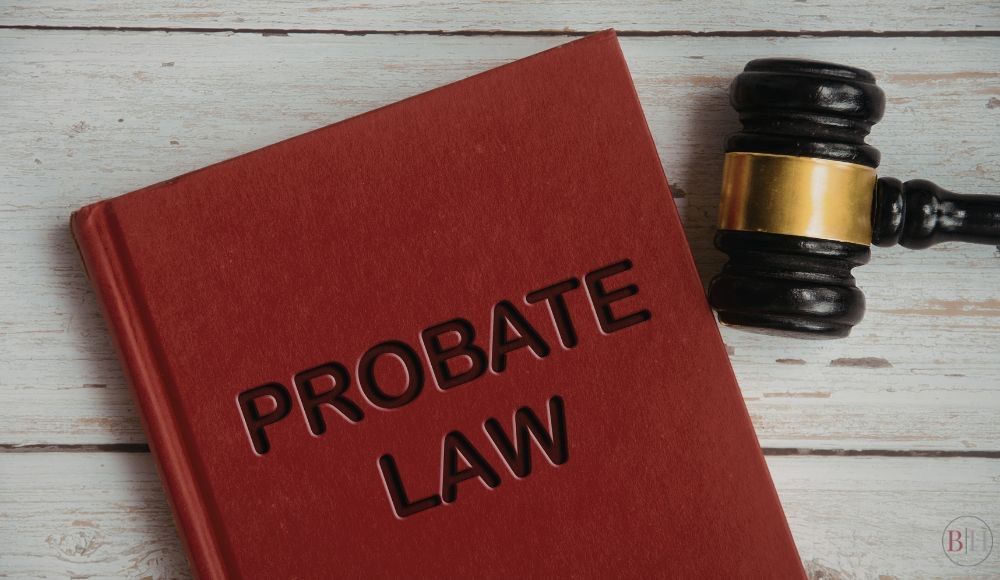What is Probate?

As Estate Planning Attorneys, we often explain to our clients the probate process and help them navigate it.
“Probate is the formal legal process that gives recognition to a will and appoints the executor or personal representative who will administer the estate and distribute assets to the intended beneficiaries,” the American Bar Association (ABA) explains. “The laws of each state vary, so it is a good idea to consult an attorney to determine whether a probate proceeding is necessary, whether the fiduciary must be bonded (a requirement that is often waived in the will), and what reports must be prepared.”
Basically, the probate court determines if the will is valid, officially names the executors, and oversees the distribution process. Some probate courts also handle guardianship and conservatorship matters.
What is the Probate Process?
Every estate is unique, so the probate process can vary, but the following is the typical process when the deceased has a will:
- A representative of the estate files the will and a certified copy of the death certificate.
- An executor is officially appointed. An executor (aka personal representative) is typically named in a will.
- The Register of Wills provides “short certificates” that executors can present to banks and other financial institutions as proof an estate has been formed and to confirm the executor has permission to handle the deceased’s assets.
- The executor notifies beneficiaries and creditors about the death of a decedent.
- The executor determines the value of any property and probate assets (non-probate assets may include life insurance policies, pension plans, IRAs, 401(k)s).
- The executor pays outstanding debts.
- The executor distributes the remaining assets based on the will.
- The executor files a final accounting that includes all assets, debts paid, and distributions to beneficiaries.
- The executor files an inheritance tax return and pays inheritance tax that may be owed.
In Pennsylvania, if the deceased does not have a will, their assets are distributed based on the Intestate Succession Law. Who receives those assets depends on which relatives are still alive. For example, if a decedent has living children but no spouse, the assets go to the children. If the decedent has a surviving spouse and children, the spouse gets $30,000 plus half of the estate, and the children get the remaining half.
Probate is Not Always Required
Probate can take time and money and the process can take months or even years, making beneficiaries wait to receive their inheritance. Sometimes, probate is not necessary.
When Probate is Not Required
Here are a few examples of when probate is not required.
- Small Estate
Estates under $50,000 (excluding land and real estate) do not have to go through the formal probate process although a Small Estate Petition may often be required. - Own Property Jointly
You can make your spouse or someone else the joint owner of property with a survivorship right, which means the asset automatically transfers to them upon your death. - Transfer-on-Death
Transfer-on-Death, when permitted, can avoid probate. - Payable-on-Death
“A Payable on Death (POD) beneficiary is an individual, group of individuals, non-profit, company, organization or trust, other than the owner or co-owner, designated by the owner(s) of the account to receive the balance of funds when the last owner on the account passes away,” Bank of America explains. “Checking, Savings, Certificate of Deposit (CD) accounts, Individual Retirement Accounts (IRA), and investment accounts are all eligible deposit accounts.” - Create a Living Trust
A living trust is a legal document that allows you to transfer ownership of your assets into a trust account and assign management of those assets to a trustee (an individual or entity) on behalf of your beneficiaries. One of the most significant advantages of a living trust (over a will) is that it avoids probate, which means assets are available to your beneficiaries immediately based on your specifications.
How Our Experienced Estate Planning Attorneys Can Help
Bingaman Hess’s estate planning attorneys listen to your unique goals and concerns, thoroughly review your situation, provide a customized strategy for you (including ways to avoid probate), and provide peace of mind. We can also assist the executor and beneficiaries of your estate upon your death to minimize stress at an already difficult time.
Don’t wait! Call today at 610.374.8377 or find us online.









